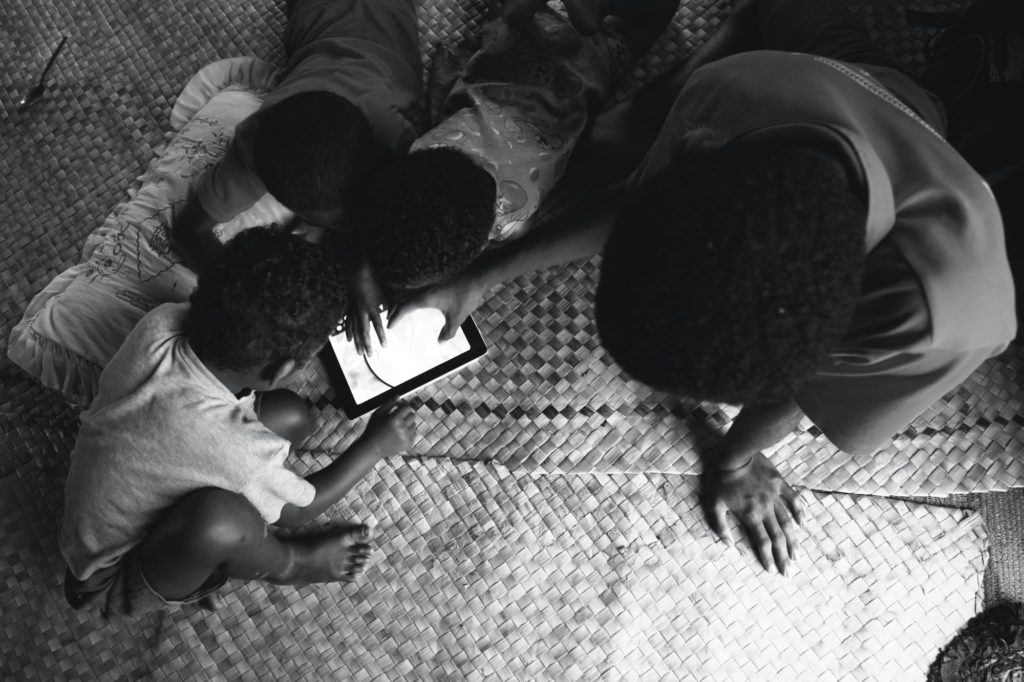As I sit in a little café in North London, wondering how I should start this blog post, my computer plays “Soho Waltz” by the Common Linnets. It perfectly reflects why my focus in filmmaking is now to tell stories that need to be heard–what I like to call purposeful storytelling–stories that inspire us to fight for a better world.
“Give me some of that hurt
Give me some of your pain
Give me some of those tears you hide away
Give me something real
I don’t mind the cost
Something I can save before it’s lost
Cause not everything, not every pain stops”
Stories weren’t always like that for me. When I fell in love with the art of filmmaking during my teenage years, I dreamt of creating the next ‘Lord of the Rings,’ ‘Band of Brothers’ or ‘Walk the Line.’ Chasing my dream of creating solely fiction pieces brought me to film school in Amsterdam, followed by studying in LA. Unable to deal with that much sunshine, I returned to London and worked on a couple of fiction shorts. I gradually shifted to a more promotional and corporate path to pay the bills. Still, I dreamt of working for TV shows like Downton Abbey and continued to knock on those impossible doors.
Then the refugee crisis happened in Europe. Heartbreaking images and stories came across the Channel and the Mediterranean Sea. Friends went to Calais and Greece to help out in the camps. And I felt useless. I looked at my life, working away to advertise this type of car or promote this kind of festival. Having grown up with the philosophy that you need to take care of each other, love others as you do yourself, and share the goods you have received, I looked at my goals of working for big TV shows that entertain those who can afford it, and I felt quite empty.
I realized I could do more for my fellow humans if I moved to Greece, rather than staying in my comfort zone in London. Perhaps there was something that I could do–like use my filmmaking to enable others to tell their story–those who might not otherwise get a chance. I could give them a megaphone through my work.
Through this change of focus in my craft, I have come to understand the world of filmmaking differently. I am currently working on a short fiction film to support an anti-child trafficking organization in their campaign. We explored different ways to tell their story in the most accurate way. There is a tension between needing a dramatic arc to hold your viewers’ attention, and wanting to honor and respect the difficult and painful situation the victims are in. Any dramatizing of the character will put them into a fictional position, not honoring the reality of their situation. Their reality is sometimes so harsh and difficult to believe for outsiders, that any dramatization will immediately allow the viewer to set their situation aside as something that is ‘made up’. But I am here to tell their story – not to use them as dramatic goods to serve a dramatic film experience.
At the same time, trafficking is a topic that is very difficult to tell people about through documentary. It is not a world one can easily get into with a camera without putting yourself and the victims in more danger than they are already. Many of these young people, even if they have been in care for years, are still sought after by the traffickers. Therefore, we decided to create a fiction short film which enables us to use actors to portray their real life stories.
Through this process, I have come to understand fiction in a completely different light. Sometimes the best way to tell someone’s story ethically is to stay as close to reality as possible. Other times it is better to create a fictional situation based on a true story. Creating a fictional story not only protects the people whose story we tell, but also allows us to tell a story that mirrors reality. It takes the viewer to places where a documentary camera might not be able to go. This took my understanding of fiction merely as entertainment, to fiction as a means of purposeful storytelling.
Together with my writer, we are shaping our script for the anti-trafficking short fiction film carefully. We don’t want to dramatize a teenager with a child trafficking history or uphold any Hollywood stereotypes. We want to tell stories ethically and respect the person whose story we are telling. In our script, our teenager is who he is, respecting him for what he had to go through and is still going through, but not playing with his situation to create a dramatic arc.
For me, the most important thing in telling stories ethically, is to respect the person whose story I’m telling. I am only offering them a medium through which they can tell their stories. I don’t need to dramatize this or gain anything from it for myself or my film. I want my filmmaking to serve others and enable them to be heard so the world can become a little bit more just and compassionate. We can only change the world if we allow these true stories to be heard.
Because “not every pain stops.” So “give me some of your pain,” and I’ll play my part in providing you a platform to be heard in our fight for social justice.
 Nelleke Noort Over the last 10 years, Nelleke has directed and produced non-fictional and fictional film productions and various promotional campaigns tailored to various audiences. She studied film directing at Open Studio, Amsterdam, UCLA Extension and the Joanne Baron/D.W. Brown Acting Studio, Los Angeles. Nelleke is passionate about humanitarian, environmental and social justice issues and is keen to tell impactful stories that need to be heard. Learn more at her website or follow her on Instagram.
Nelleke Noort Over the last 10 years, Nelleke has directed and produced non-fictional and fictional film productions and various promotional campaigns tailored to various audiences. She studied film directing at Open Studio, Amsterdam, UCLA Extension and the Joanne Baron/D.W. Brown Acting Studio, Los Angeles. Nelleke is passionate about humanitarian, environmental and social justice issues and is keen to tell impactful stories that need to be heard. Learn more at her website or follow her on Instagram.



